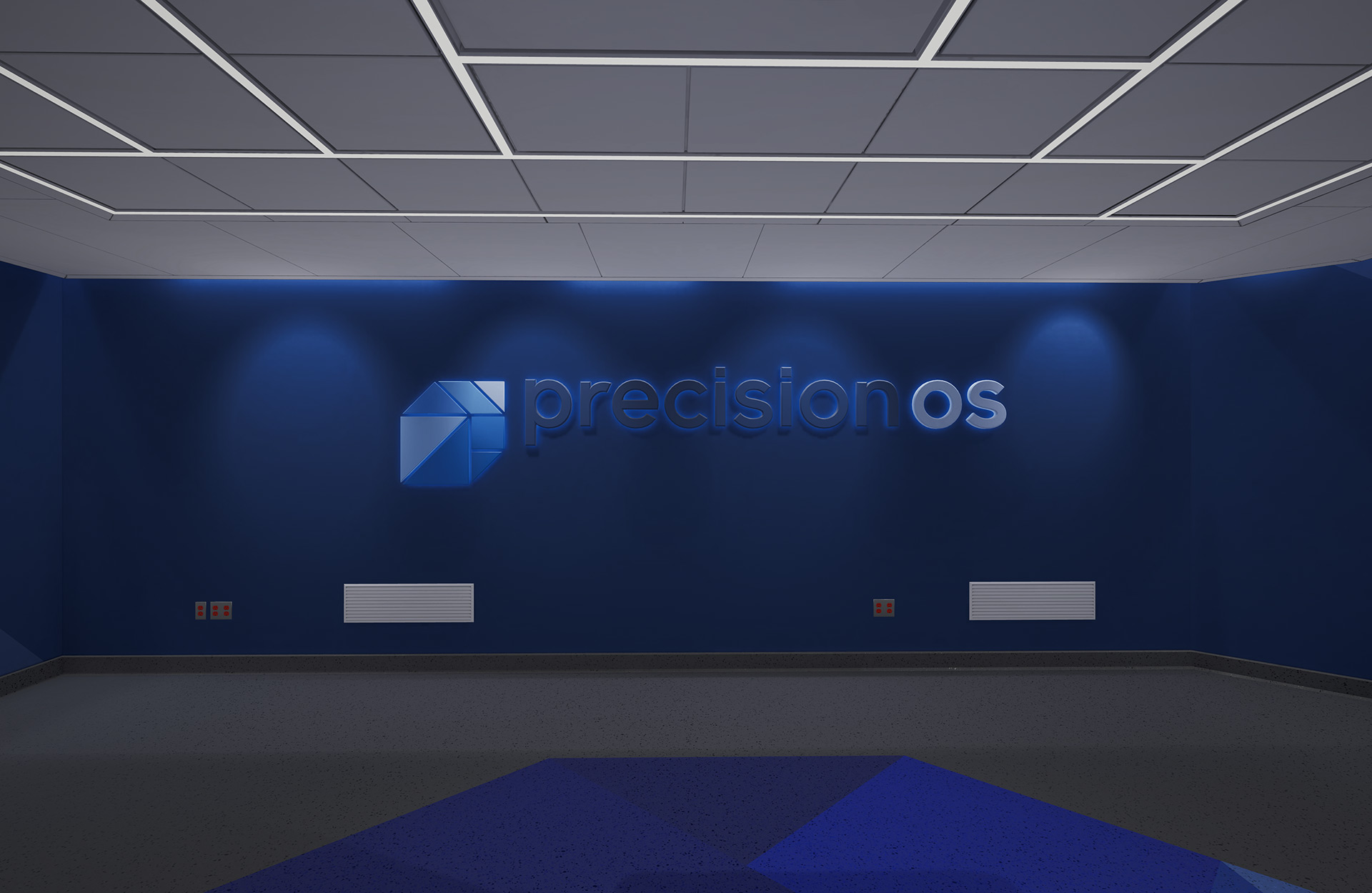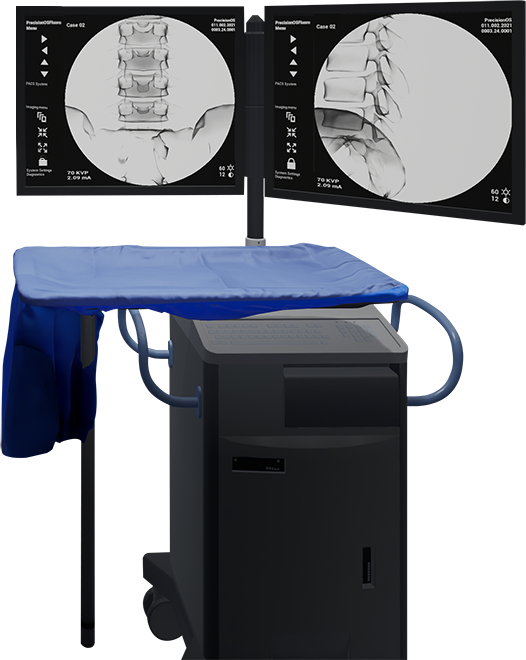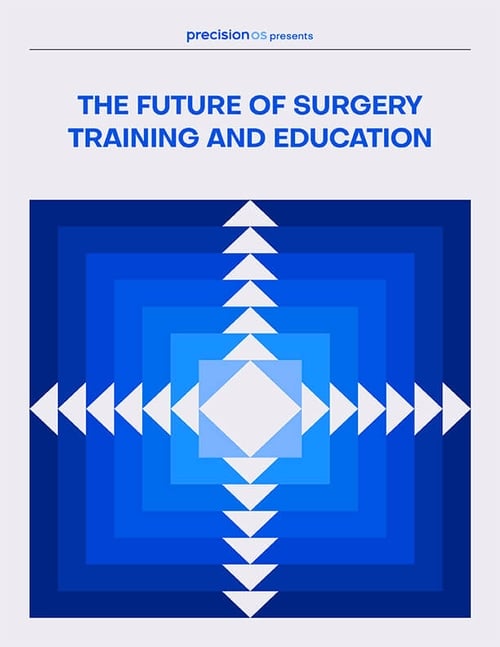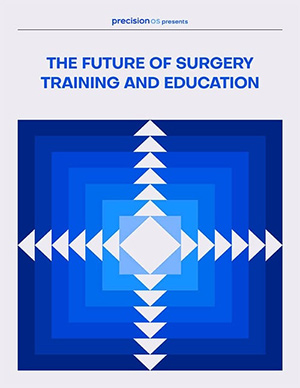Traditional training is not up to the challenge of educating today’s surgeons.
Surgery residents are getting less hands-on experience than ever, and it’s affecting their confidence and autonomy. A significant percentage don’t feel ready to independently perform core procedures upon residency completion,1 and over 90% opt for an additional fellowship year. In an effort to address this, The American Board of Surgery (ABS) recommended “rather than increasing the quantity of cases, we should be increasing the quality of teaching both clinical and procedural skills.”2
Availability of high-quality surgical education is also affecting medical device companies. In an era of rapidly advancing technologies and procedures, training is often a rate-limiting factor. Current training approaches vary in effectiveness, and are not helping to address cost, scalability, and, most importantly, surgical mastery.
Surgical education is costly, difficult to scale, and not universally accessible.
$4,830
is the amount medical device companies spend per surgeon for a 2 day lab.3
Fractionated training and
duty-hour restrictions are impacting skill acquisition.
48%
of programs report that duty-hour restrictions have had a negative impact.4
Many residents are not universally prepared to perform core procedures.
66%
of new fellows deemed unable to operate for 30 unsupervised minutes.5












